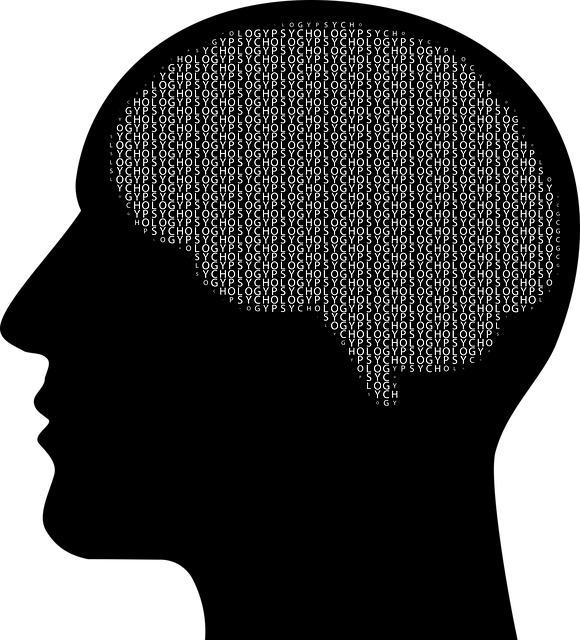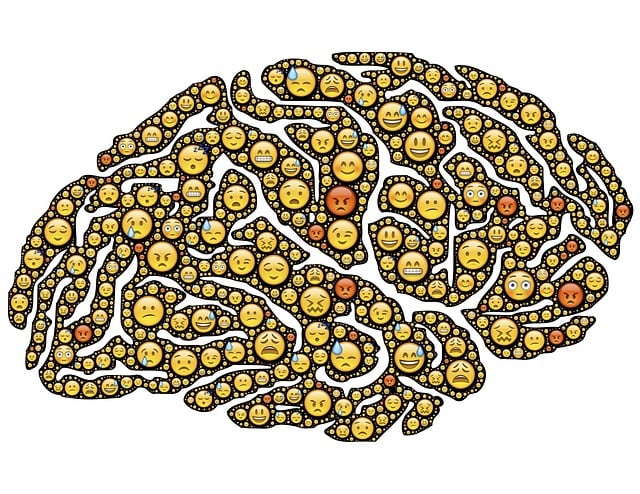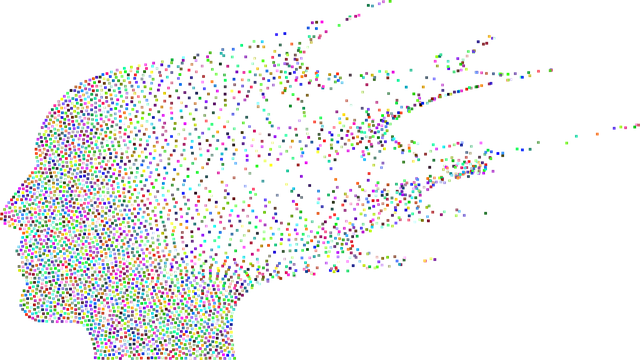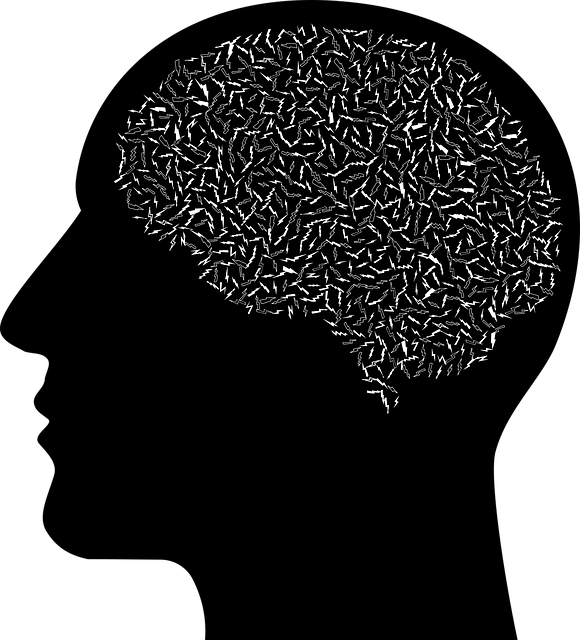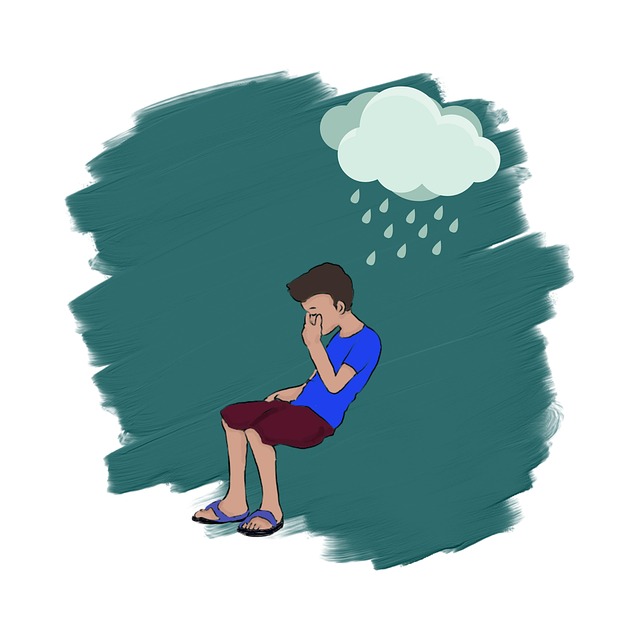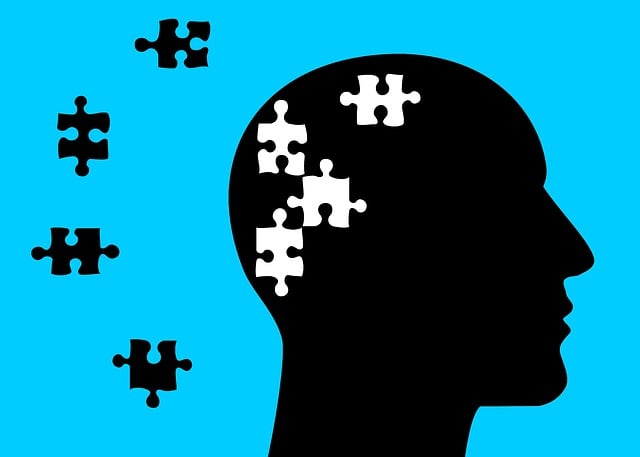Community outreach programs focusing on play therapy offer an effective way to tackle mental health issues among young adults by creating safe, inclusive spaces for self-expression and healing. These initiatives prioritize culture sensitivity through provider training, ensuring tailored support for diverse backgrounds, thus enhancing the accessibility and effectiveness of mental healthcare services. By integrating evidence-based strategies like mindfulness and stigma reduction, these programs empower participants with self-care tools while fostering resilient community networks. Targeted engagement strategies address barriers and build trust, enabling young adults to develop emotional regulation skills and boost self-esteem through therapy for young adults and play therapy. Holistic evaluation metrics beyond attendance focus on improved social skills and reduced mental health symptoms, ensuring these programs directly contribute to the well-being of their target demographic.
Community outreach programs play a pivotal role in empowering young adults, offering therapy and support tailored to their unique needs. This article delves into the transformative power of such initiatives, focusing on play therapy as an effective approach to mental health care. We guide organizations through designing successful programs, engaging young adults, and measuring impact. By exploring these strategies, we aim to inspire and equip professionals to make a lasting difference in their communities, especially when it comes to therapy for young adults and leveraging play therapy.
- Understanding Community Outreach: The Need and Impact on Young Adults
- Therapy for Mental Health: Play Therapy as a Powerful Tool
- Designing Effective Programs: A Step-by-Step Guide for Organizations
- Engaging Young Adults: Strategies to Overcome Barriers and Build Trust
- Measuring Success: Evaluation Metrics for Community Outreach Programs
Understanding Community Outreach: The Need and Impact on Young Adults

Community outreach programs targeting young adults are invaluable in addressing mental health challenges prevalent in this demographic. Play therapy, a specialized therapeutic approach, has gained recognition as an effective method to engage and support youth dealing with emotional and psychological issues. By integrating play therapy into community initiatives, healthcare providers can create safe spaces where young adults feel comfortable expressing themselves through creative means, fostering healing and personal growth.
Cultural sensitivity in mental healthcare practice is a critical aspect that these programs must consider. Healthcare provider cultural competency training ensures that professionals are equipped to understand and respect the diverse backgrounds of young adults they serve. Tailoring mental health education programs design to address specific cultural needs can significantly impact the effectiveness of community outreach, making services more accessible and culturally relevant. This approach not only enhances the overall well-being of young adults but also promotes long-lasting positive outcomes within their communities.
Therapy for Mental Health: Play Therapy as a Powerful Tool

Play therapy offers a unique and powerful approach to mental health support, particularly for young adults navigating their emotional well-being. This therapeutic method recognizes that play is a fundamental way for individuals to express themselves, process experiences, and develop essential coping skills. By incorporating self-awareness exercises tailored for play, therapists can help young adults explore their emotions, build resilience, and enhance their overall mental wellness.
The design of mental health education programs can greatly benefit from this strategy, as it encourages a more engaging and accessible learning environment. Play therapy sessions create safe spaces where participants can openly discuss their feelings and engage in activities that promote positive self-expression. This approach not only addresses immediate mental health concerns but also fosters long-term emotional regulation skills, contributing to the holistic development of young adults.
Designing Effective Programs: A Step-by-Step Guide for Organizations

Designing effective community outreach programs, particularly those focused on mental health support for young adults, requires a structured approach. Organizations should start by identifying the specific needs and challenges within their target community, ensuring the program aligns with local cultural nuances and existing resources. This involves extensive research and consultation with experts in youth mental health, such as play therapists, to understand best practices.
Next, define clear objectives and outcomes for the initiative. For instance, improving access to therapy for young adults could be a primary goal. Incorporate evidence-based strategies like mindfulness meditation sessions or Mental Illness Stigma Reduction Efforts into program design to achieve these objectives. A well-structured Mental Health Education Programs Design can empower participants with self-care tools while fostering community resilience and support networks.
Engaging Young Adults: Strategies to Overcome Barriers and Build Trust

Engaging young adults in community outreach programs requires tailored strategies to overcome barriers and build trust. Many young adults struggle with emotional regulation, self-esteem improvement, and the development of a consistent self-care routine—issues that can be addressed through targeted initiatives. Incorporating play therapy, for instance, offers a non-threatening approach to connect with this demographic, fostering an environment where they feel seen, heard, and supported.
Community organizations can bridge the gap by implementing programs that cater specifically to the unique needs of young adults. Through these initiatives, trust is built incrementally, encouraging participation in therapeutic activities like play therapy, which has proven effective in improving mental health outcomes. By prioritizing emotional well-being and self-care practices, community outreach can empower young adults to navigate life’s challenges with greater resilience.
Measuring Success: Evaluation Metrics for Community Outreach Programs

Measuring the success of community outreach programs, such as those offering therapy for young adults and play therapy, is essential for understanding their impact and identifying areas for improvement. Evaluation metrics should go beyond simple attendance numbers to capture the broader goals of these initiatives. One key metric could be the number of participants demonstrating improved social skills through structured training sessions, like social skills training programs. This demonstrates the program’s direct contribution to enhancing interpersonal interactions.
Additionally, risk assessment for mental health professionals plays a crucial role in evaluating outreach efforts. Tracking the reduction in symptoms of common mental health issues, such as depression prevention strategies, among participants can be another powerful indicator of success. By combining these evaluation metrics, community outreach programs can effectively gauge their overall contribution to the well-being and development of young adults.
Community outreach programs, especially those focused on therapy for young adults using play therapy techniques, can significantly impact mental health and overall well-being. By implementing these programs effectively, organizations can engage and support vulnerable youth, fostering trust and promoting resilience. The step-by-step guide provided offers a practical framework, while understanding community needs and measuring success through appropriate evaluation metrics are vital to ensuring these initiatives achieve their desired outcomes. Through dedicated efforts and tailored strategies, we can create lasting positive changes in the lives of young adults.
